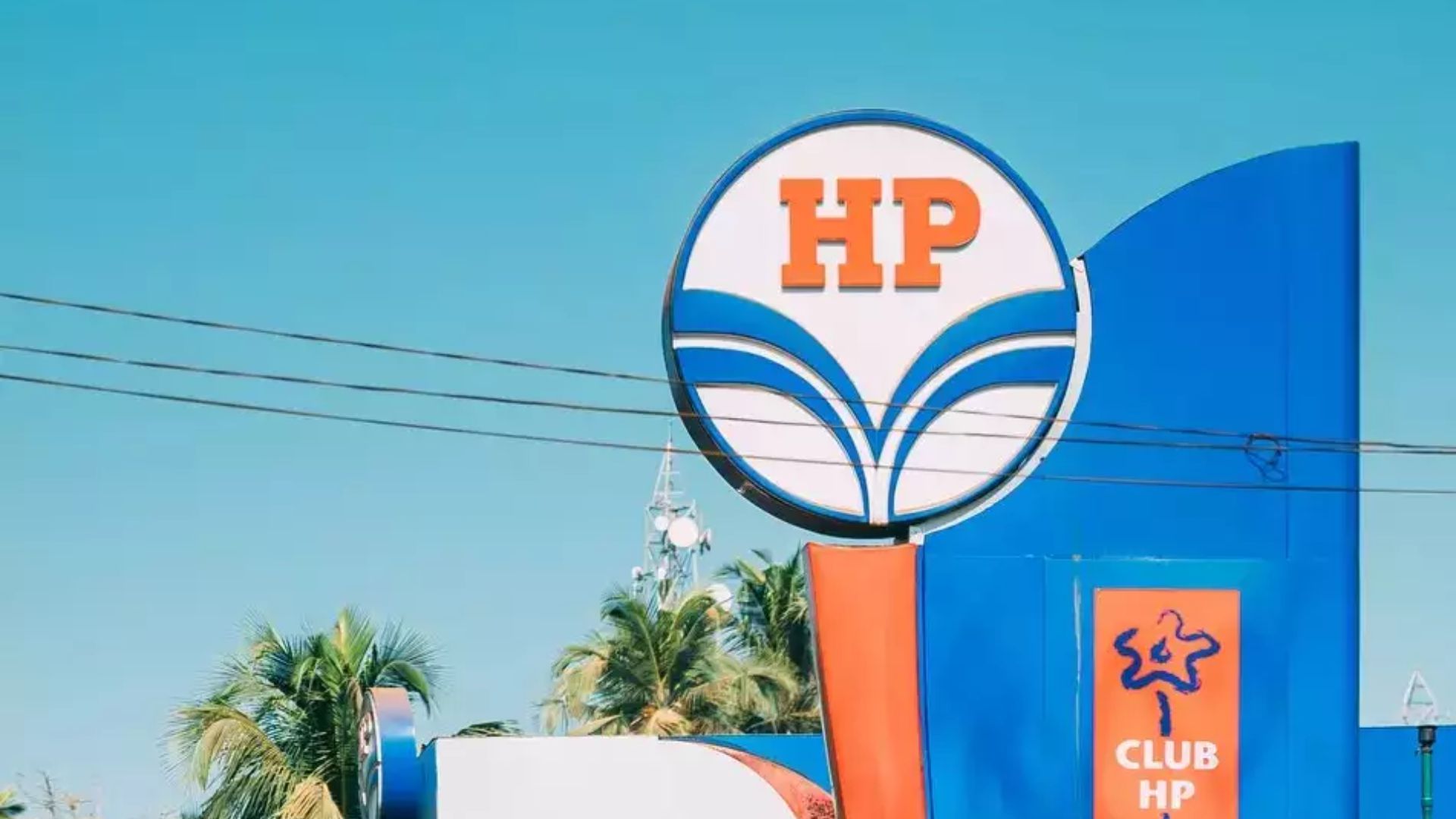Source : PTI | The Oil and Natural Gas Corporation Chairman and Managing Director should also be the chair of the firm’s subsidiary Hindustan Petroleum Corporation in line with the universal practice of a corporate group having only one chairman, a panel appointed to work out synergies between the two firms said in its report.
India’s top oil and gas producer Oil and Natural Gas Corporation (ONGC) had, in January 2018, bought the government’s entire 51.11 per cent stake in HPCL for Rs 36,915 crore. The nation’s third-biggest oil refining and fuel marketing company thereafter became a subsidiary of ONGC.
But Hindustan Petroleum Corporation Ltd (HPCL), which initially did not even recognise the new owner, continues to be headed by a chairman and managing director, who does not report to parent firm ONGC or its board. ONGC has got just one board position on HPCL following the acquisition.
On a prod from the Ministry of Petroleum and Natural Gas, ONGC appointed a three-member panel to work out synergies between ONGC and HPCL. The panel, which comprised former oil secretary GC Chaturvedi, former ONGC chairman Dinesh Kumar Sarraf, and former HPCL head MB Lal, a couple of months back submitted its report to ONGC, which forwarded it to the ministry for further action, two sources with direct knowledge of the matter said.
The panel in the report said the ONGC chairman and managing director should be the chair of the board of not just ONGC but also all its subsidiaries – ONGC Videsh Ltd, HPCL, Mangalore Refinery and Petrochemicals Ltd, and ONGC Petro additions Limited (OPaL). The subsidiaries should be headed by the CEO and Managing Directors, who would report to the ONGC chairman, they said citing the report.
Except for HPCL, all other subsidiaries – OVL, MRPL and OPaL – are headed by CEO and Managing Director. The ONGC chairman heads the board of OVL, MRPL and OPaL.
In the event of a merger of MRPL with HPCL, the MD and CEO of HPCL should be the chairman of MRPL, the panel said.
“ONGC and all its direct subsidiaries should have one chairman and the different units be run by a board and MD/CEO,” a source aware of the report said.
“The board of step-down subsidiaries should be headed by the MD/CEO of the immediate parent firm.”
The panel was formed to work out synergies between ONGC and HPCL and optimise processes and businesses.
Mukesh Kumar Surana, who was the chairman and managing director of HPCL when ONGC bought out the government stake in January 2018, retired on April 30, 2022. His successor, Pushp Kumar Joshi superannuated on August 31 this year. No one has so far been appointed as HPCL chairman till now.
Another source said the government should use this opportunity to implement the panel report. It should appoint an MD and CEO of HPCL and make the ONGC chairman the head of its board.
Even after the Union Cabinet approval and ONGC buying out the entire government stake, HPCL for over one and half years refused to recognise ONGC as its promoter. It listed ONGC’s shareholding of 51.11 per cent as a ‘public shareholder’ in as many as six quarterly shareholding filings with stock exchanges post-January 2018.
HPCL listed the President of India with nil shareholding as its promoter in those filings.
This is despite the oil ministry’s explicit advice, sources said, adding that HPCL delayed the eventual by seeking “clarifications” from various authorities.
HPCL relented in August 2019 after a rap from capital markets regulator Sebi for refusing to recognise its majority shareholder. The Securities and Exchange Board of India (Sebi) asked HPCL to re-file shareholding patterns to stock exchanges for all quarters since the ONGC acquisition.
When Indian Oil Corporation (IOC) bought the government’s stake in fuel retailer IBP Co Ltd, it was listed as the latter’s promoter in every instance after the deal. The same was the case when IOC acquired a majority stake in Chennai Petroleum Corp Ltd (CPCL).
Since acquiring a majority stake in HPCL, ONGC has only been able to appoint one director to that firm’s board.
Sources said the ONGC-HPCL synergy panel was of the view that there cannot be two chairmen within a group, and the holding company chairman should sit on the board of all its subsidiaries.











